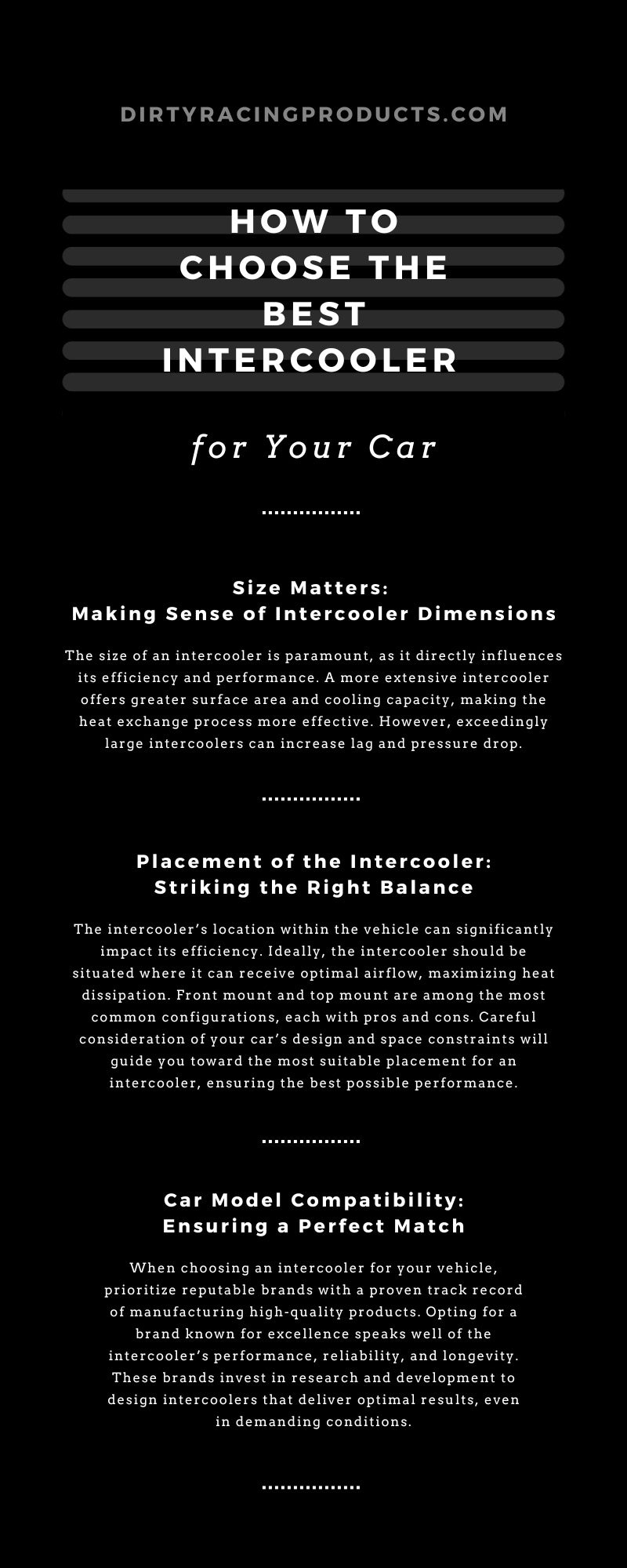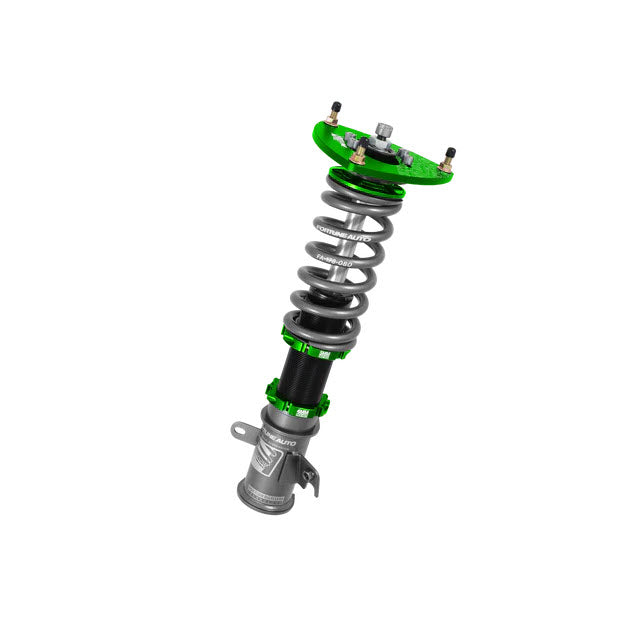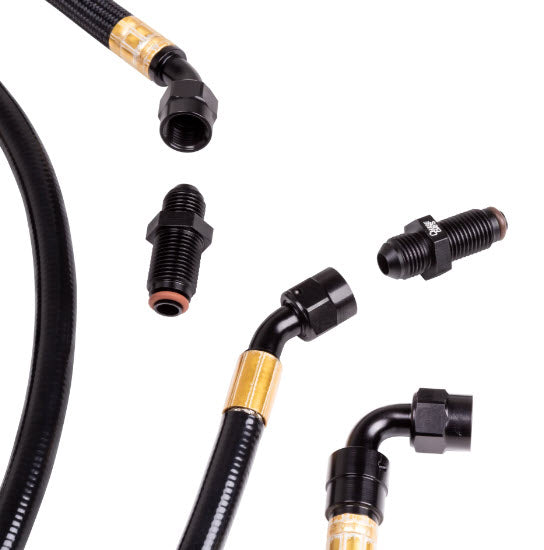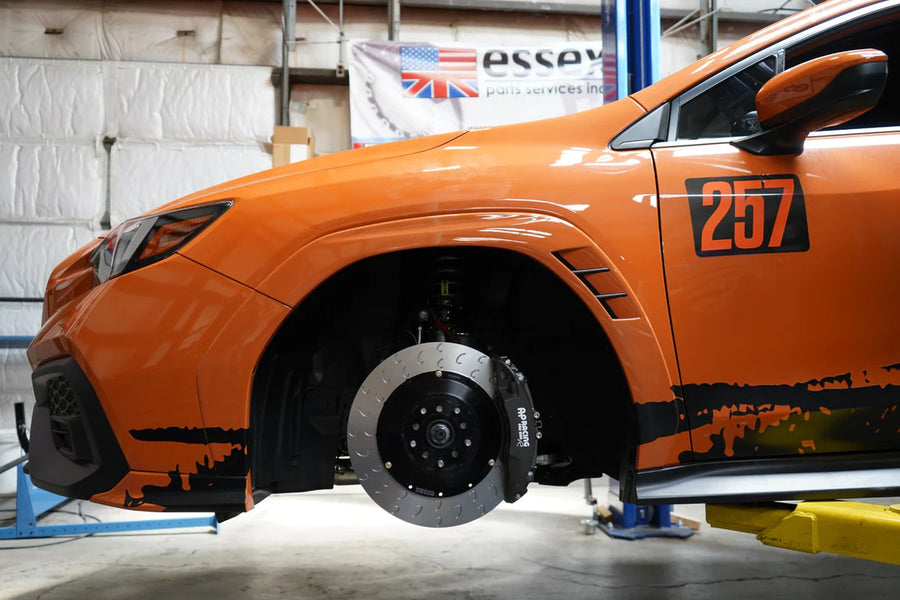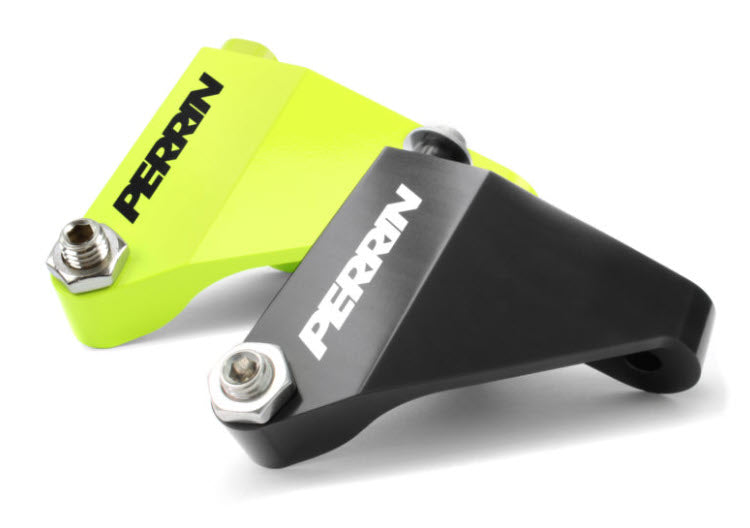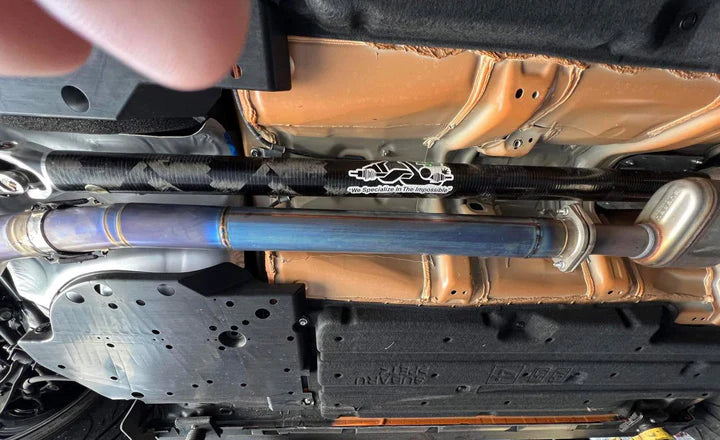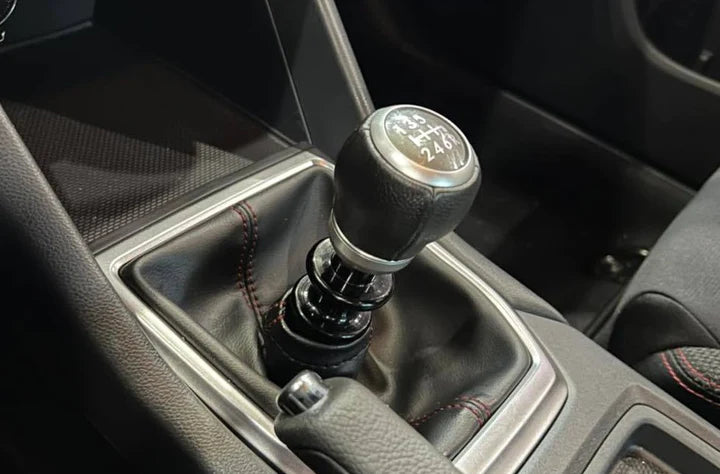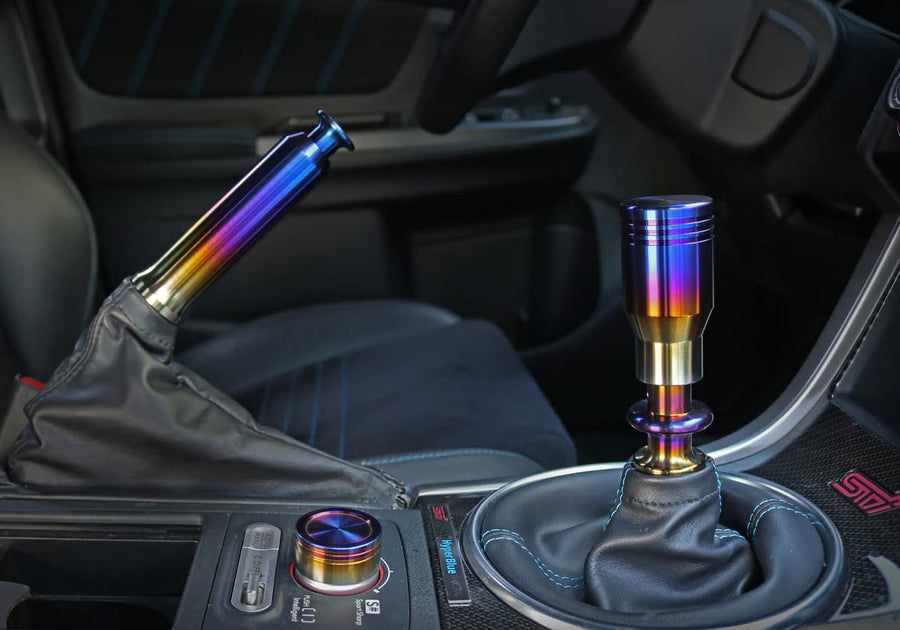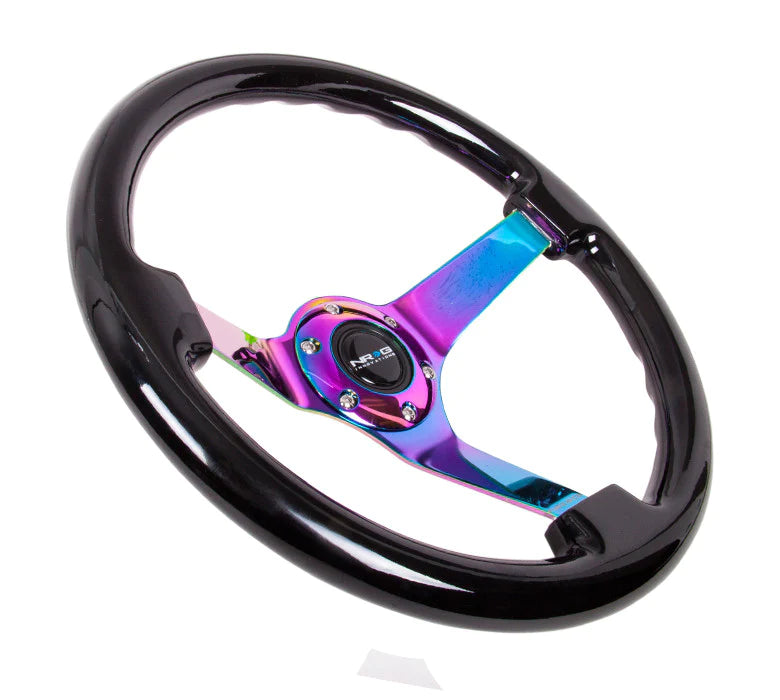How To Choose the Best Intercooler for Your Car

An intercooler improves your vehicle’s performance and efficiency, primarily when you have a turbocharger or supercharger-equipped vehicle. This comprehensive guide will discuss the vital aspects of intercoolers and provide tips on selecting the right one for your car. Navigating the wealth of available options can be daunting, but with the right knowledge and understanding, you can make an informed choice that significantly enhances your driving experience.
Understanding Intercoolers: Functionality and Purpose
An intercooler is an essential part of a turbocharged or supercharged engine, acting as a heat exchanger that cools the pressurized air before entering the combustion chamber. As a result, the air density increases, allowing more oxygen and fuel to burn in each cycle. This process significantly improves engine performance and power output. Therefore, by managing heat levels and boosting air density, a turbo intercooler significantly contributes to maximizing the overall efficiency of your vehicle’s engine.
Significance of Intercoolers: An Integral Component for Turbocharged Engines
Intercoolers are more than just supplementary accessories; they help maintain optimal air temperature, decrease the risk of engine pre-ignition, and boost the engine’s efficiency. Thus, having a well-functioning intercooler is essential to maximize the performance and longevity of a turbocharged engine. Moreover, an effective intercooler also plays a vital role in improving your vehicle’s fuel economy, making it an indispensable component for maintaining the overall health of your turbocharged engine.
Different Types of Intercoolers: Sorting Through the Varieties
Intercoolers can fit into two categories—air-to-air and air-to-water intercoolers. Each type is perfect for specific applications and has its advantages and disadvantages. Air-to-air intercoolers are usually lighter and more cost-effective, while air-to-water intercoolers offer superior cooling efficiency in compact spaces.
Size Matters: Making Sense of Intercooler Dimensions
The size of an intercooler is paramount, as it directly influences its efficiency and performance. A more extensive intercooler offers greater surface area and cooling capacity, making the heat exchange process more effective. However, exceedingly large intercoolers can increase lag and pressure drop.
Placement of the Intercooler: Striking the Right Balance
The intercooler’s location within the vehicle can significantly impact its efficiency. Ideally, the intercooler should be situated where it can receive optimal airflow, maximizing heat dissipation. Front mount and top mount are among the most common configurations, each with pros and cons. Careful consideration of your car’s design and space constraints will guide you toward the most suitable placement for an intercooler, ensuring the best possible performance.
Construction Material: Delving Into the Components
The materials used in intercooler construction also play a substantial role in their performance. Common materials include aluminum and plastic, which are more resistant to high temperatures and offer better heat transfer properties. However, while aluminum may present some advantages, plastic intercoolers are usually lighter and more affordable, making them a solid choice for budget-conscious car owners.
Cooling Capacity: Selecting the Right Fit for Your Needs
A suitable intercooler should have sufficient cooling capacity to prevent the engine from overheating or losing efficiency. Consider factors such as engine output, vehicle weight, and driving conditions while choosing an intercooler with the appropriate cooling capacity. Remember that choosing an intercooler with a cooling capacity far exceeding your engine’s output can lead to unnecessary expenditure without significant performance gain.
Car Model Compatibility: Ensuring a Perfect Match
Confirm that the intercooler you choose is compatible with your specific car model. Not all intercoolers are universally fitting; obtaining one that doesn’t correspond with your vehicle can lead to installation issues and ineffective performance. In addition to ensuring compatibility, consider the space available in your vehicle for the intercooler; some models may require more room than others, and it is vital to ensure the intercooler fits well without causing any obstruction or disturbance to other components.
Brand Reputation: Trusting the Experts
When choosing an intercooler for your vehicle, prioritize reputable brands with a proven track record of manufacturing high-quality products. Opting for a brand known for excellence speaks well of the intercooler’s performance, reliability, and longevity. These brands invest in research and development to design intercoolers that deliver optimal results, even in demanding conditions.
User Reviews: Learning From Real-World Experiences
In addition to brand reputation, user reviews offer valuable insights into the intercooler’s true performance and effectiveness. Consider both positive and negative experiences shared by real-world users to understand how the intercooler performs in different scenarios. This feedback helps when making a well-informed decision that meets your specific requirements.
Pricing: Weighing the Cost
Intercoolers vary in price based on size, type, and brand. While cheaper options may be tempting, investing in a high-quality intercooler from a reputable brand significantly impacts your vehicle’s performance and longevity. Well-designed intercoolers enhance power delivery, improve fuel efficiency, and extend the engine’s lifespan. Consider the long-term benefits when evaluating the cost.
Installation Process: Seeking Professional Assistance
Proper installation is crucial for effective intercooler function and desired performance gains. While some enthusiasts can perform the installation themselves, it’s best to seek help from a professional mechanic or car expert. They have the expertise to ensure correct installation and optimization for your vehicle. Improper installation can lead to damage, decreased performance, and safety hazards.
Maintenance: Ensuring Longevity
Regular maintenance is critical to ensure the intercooler’s longevity and optimal performance. Learning more about the maintenance of your specific intercooler can help you determine the right choice for you. A high-maintenance system may not fit your needs, so you’ll want to know before you make a purchase what you’ll need to do for your intercooler.
Expert Opinion: Consulting With a Car Expert
If you need help with a suitable intercooler for your vehicle, seek advice from a car expert. They can help you navigate the options and provide personalized recommendations based on your vehicle’s needs, driving style, and budget. A car expert offers valuable insights to make an informed decision about intercooler sizing, compatibility, or performance gains.
By understanding the functionality, significance, types, sizes, placement, construction materials, cooling capacity, and car model compatibility of intercoolers, you can make an informed decision and optimize your vehicle’s performance to a greater extent. Hence, adequate research and care in selecting the right intercooler for your vehicle can lead to an enhanced driving experience, improved engine longevity, and overall superior vehicle performance.
With this guide, you now have the necessary knowledge to select the best intercooler for your car. Invest in a high-quality intercooler from a reputable brand to experience improved performance, efficiency, and reliability from your turbocharged engine. Make an informed choice and unlock your vehicle’s full performance potential.
